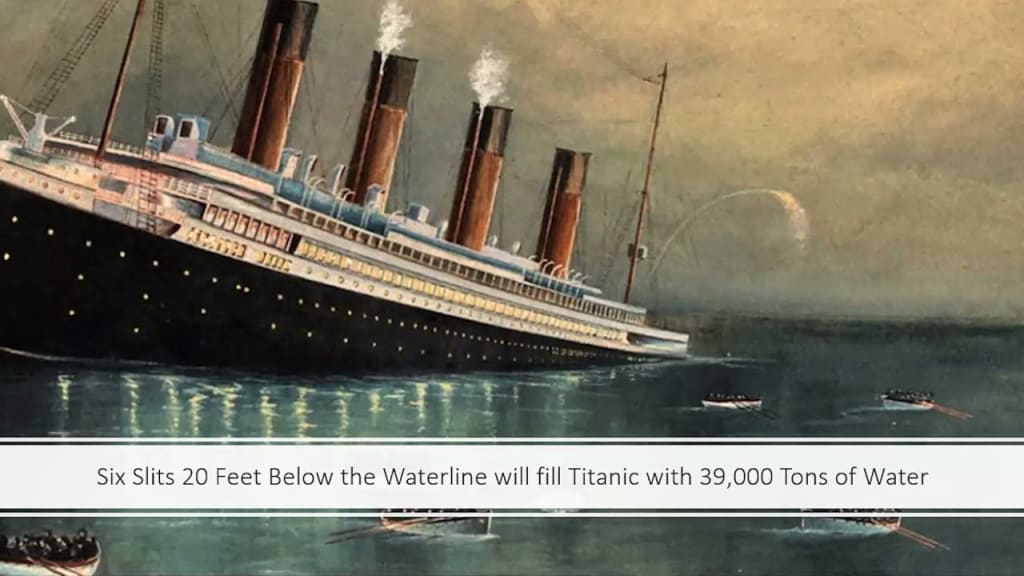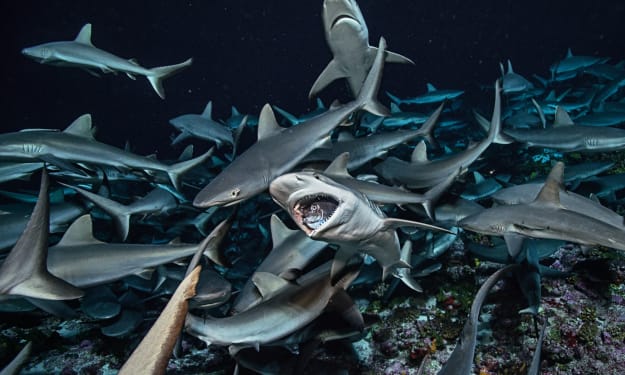Rebranding Jaws: Understanding the True Nature of Sharks for Ocean Conservation
Embracing a New Era of Understanding and Conservation for Sharks

Introduction:
In 1975, the release of the iconic movie "Jaws" sent shockwaves through the world of cinema and popular culture. Directed by the brilliant Steven Spielberg, the film not only established him as an internationally acclaimed filmmaker but also smashed box office records. However, the unintended consequence of "Jaws" was the creation of a narrative that demonized sharks, perpetuating fear and misinformation about these majestic creatures. This blog aims to shed light on the vital role of sharks in marine ecosystems and the urgent need for their conservation.
The Jaws Effect:
A Spiral of Fear and Misrepresentation The blockbuster success of "Jaws" triggered a media frenzy, creating what is now known as the "Jaws effect." Sharks were portrayed as mindless, man-eating killers, leading to a strong public demonization of these ancient predators. Countless films followed, depicting sharks as dangerous monsters lurking in the depths. However, the reality is far from this narrative, as shark attacks on humans are exceedingly rare. Such fear-based representations are not only inaccurate but also harmful to efforts aimed at conserving these crucial creatures.
The Reality of Sharks in Our Oceans Contrary to the Jaws-inspired portrayal, sharks play a vital ecological role in marine ecosystems. As apex predators, they maintain a delicate balance by preying on weak and sick individuals within the food chain. By doing so, they ensure species diversity and keep the ocean ecosystem healthy. Instead of fearing sharks, it is imperative to understand and respect their significance in maintaining the ecological equilibrium of our oceans.
The Global Shark Crisis Sharks are currently facing a dire future, with an alarming number being removed from the global ocean annually. Recent estimates suggest that between 100 to 273 million sharks are killed each year due to unsustainable practices like targeted fisheries and bycatch. This exploitation is pushing sharks perilously close to the brink of extinction. Shockingly, Europe, including the UK, significantly contributes to the global shark meat trade, exacerbating the threat to their survival.
Reassessing Perceptions:
The Power of Change To reverse the negative impact of the "Jaws effect," it is crucial to challenge societal stereotypes and media narratives that perpetuate fear and misunderstanding about sharks. Initiatives like Shark Week should focus on promoting the diversity of shark species and the invaluable research being conducted by scientists studying them. By highlighting their ecological significance and the vital role they play in the marine ecosystem, we can shift the narrative from sensationalizing human-shark interactions to fostering understanding and appreciation.
Learning from the Past:
The Example of Whales The history of whaling provides an inspiring example of how perceptions of animals can change. Once vilified as monsters, whales are now revered as gentle giants deserving of protection. Similarly, sharks need a rebranding, where their ecological importance and urgent need for conservation take center stage. By educating the public about sharks' critical role as ocean doctors, we can cultivate empathy and support for their survival.
The Call to Action:
Embracing a Rebrand on Jaws Every individual can make a difference in the battle to save sharks. Engaging in conversations about shark conservation and dispelling myths can have a significant impact. Sharks are not the ones we should fear; rather, it is our actions, such as overfishing and habitat destruction, that pose the greatest threat to their existence. By advocating for sustainable fishing practices and marine protected areas, we can create a positive impact on shark populations.
Conclusion:
Sharks are not the terrifying monsters depicted in movies like "Jaws." They are essential to the health and balance of our oceans, acting as vital doctors, maintaining the ecological well-being of marine ecosystems. As we continue to explore our global ocean, it is critical to recognize the importance of sharks and the urgent need for their conservation. By rebranding the perception of sharks and working together to protect them, we can ensure a healthier, more sustainable future for our oceans and all the life they support. It is time to turn the tide on the Jaws effect and embrace a new era of understanding and respect for these magnificent creatures. Only through collective efforts and education can we secure a brighter future for sharks and safeguard the delicate harmony of our precious marine environments.
About the Creator
Rohit Singh
Software developer, part-time content creator, and tech enthusiast.
Unleashing creativity and embracing tech. Join me on this thrilling journey! 🚀






Comments
There are no comments for this story
Be the first to respond and start the conversation.